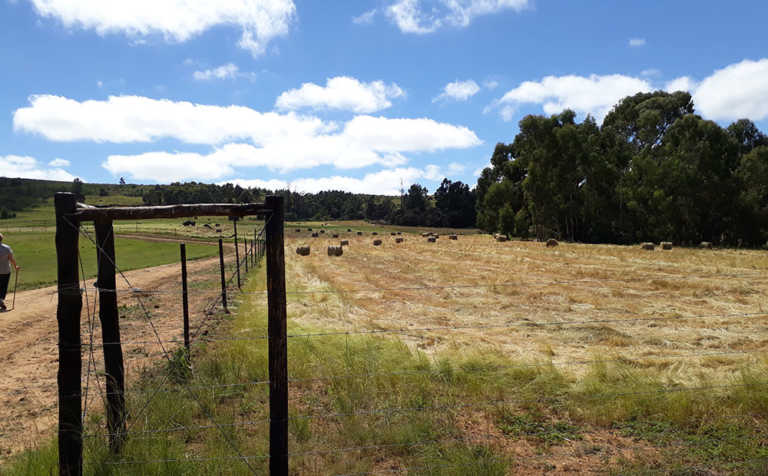
John Purchase, CEO of Agbiz, said that South Africa had to acknowledge that it was facing many challenges.
“[These include] social cohesion, water and other infrastructure [and] economic growth problems, [as well as] high levels of corruption. It is a complex situation and we need smart people to [help us] get out of this trend,” Purchase said.
READ Mixed reactions from agri-leaders to SONA 2017
He added that the country’s economy needed to start growing, and that investor confidence needed to improve.
“We need to stop corruption, mismanagement and incompetence. At lower level third-tier government, we see clear incompetence in the management of district municipalities. There are huge problems around debt to the department of water and sanitation and Eskom,” Purchase said.
Water and electricity management was a challenge especially for agribusinesses as they operated largely in rural areas.
“Government [also needs] to fix state-owned enterprises, [including] Eskom, SAA and PRASA. While we welcome developments at Eskom and SAA, it will clearly take a lot of effort to turn it around and it is costing taxpayers a lot of money,” he said.
“[Agbiz also] feels that the budget allocation for education and health is not satisfactory. If we don’t get the basics right, how can we employ people in a competitive economy? It’s just not a reality.”
Any focus on education also needed to include agricultural schools, universities, and artisanship, amongst others.
“Government will need to cut bloated spending on salaries and invest in infrastructure, especially water infrastructure. There is not enough dams to cope with population demands,” he added.
Dr Vuyo Mahlati, president of AFASA, said that the association was satisfied with SONA 2017, as government indicated a specific focus on areas of commercialisation and post-settlement.
“Now implementation is a problem. We struggle with the alignment of resources to the programmes and policies, and we have been very unhappy with alignment between the national department [of agriculture] and provincial departments. Land continues to be the primary issue,” Mahlati said.
The lack of the transferral of title deeds to beneficiaries, as well as the slow pace of land reform, remained problematic. She added that drought was also a challenge, and that the association wanted to see more decisive and focused action in terms of drought response.
“We want to get clarity from the ANC on expropriation and how they interpret their resolutions. They said feasibility studies [will be conducted] to ensure that South Africa is not food insecure [should expropriation without compensation be implemented], but we want to hear how these studies will be [conducted],” she added.
Workers’ rights were also an issue that needed to be addressed.
In 2017, agriculture proved that it was a large contributor to jobs and the growth of the economy. However, if black farmers did not have access to water and finances, or post-settlement support, and if government did not focus on enablers, these farmers would not be successful, she said. She added that AFASA wanted to be at the centre of land reform.
Omri van Zyl, executive director at AgriSA, told Farmer’s Weekly their first priority was security in the economy.
South Africa’s debt burden was crippling the economy and managing the state-owned enterprises better would assist in recovery, Van Zyl said.
“Anti-corruption entities need to work with people with integrity. The state capture investigation needs to be concluded this year so that South Africans can know who was involved. We are looking for accountability and have not had any in eight years. I don’t even know who will be addressing the nation at SONA (the State of the nation address) 2018. The theme of accountability is important. But it doesn’t help that there is only talk, action is needed,” Van Zyl said.
He said seizures by the Asset Forfeiture Unit and new executives at Eskom were a move in the right direction
Utterances about land expropriation without compensation were confusing local and foreign investors and had the potential to create an economic catastrophe. Many of the statements by the ANC, such as those on food security, were in contrast to expropriation without compensation. South Africa was in need of certainty, Van Zyl said.
“All prosperous nations have security of tenure.”
The drought also needed attention; the private sector had not seen any of the promised assistance from government.
“They will need to step up and execute their mandate in terms of the National Disaster Management Act and their commitments during cases of emergency. We need practical solutions to avoid a major catastrophe,” Van Zyl said.
Private and public sector partnerships had to become more intensive and transparent. The public sector could not be successful without the private sector, he said.











